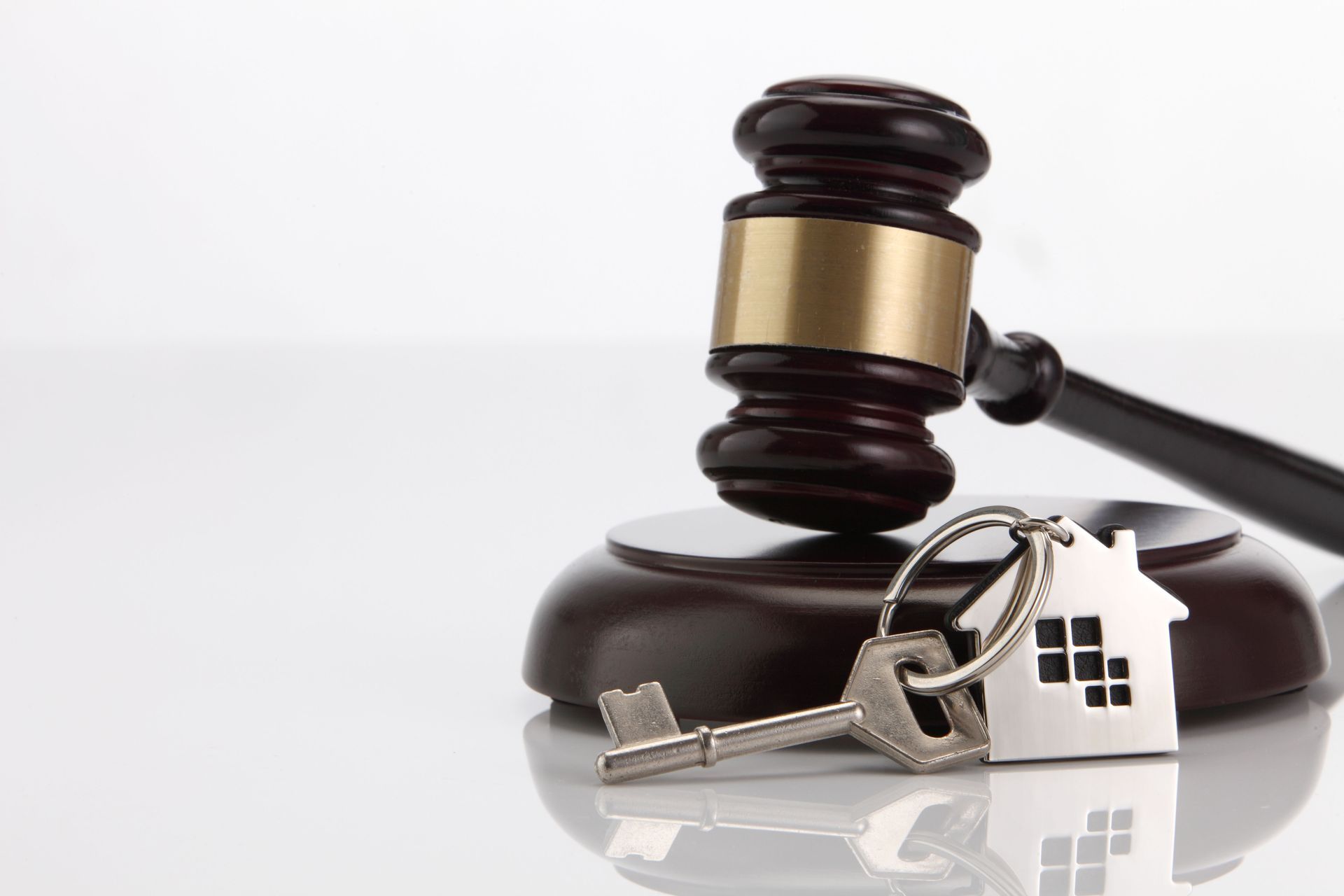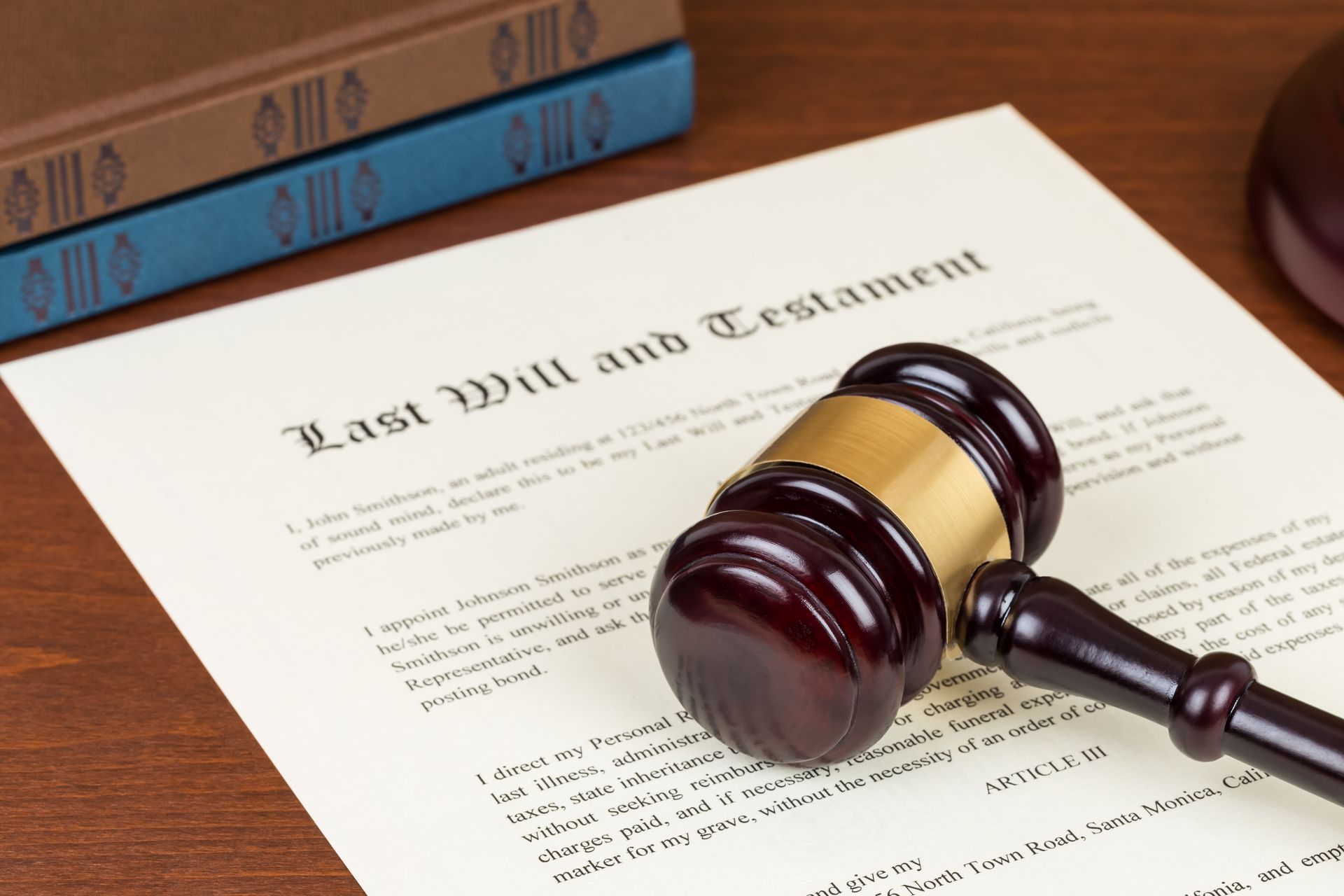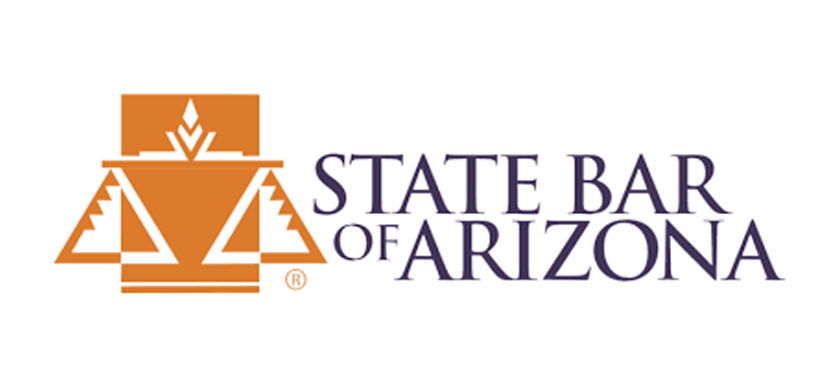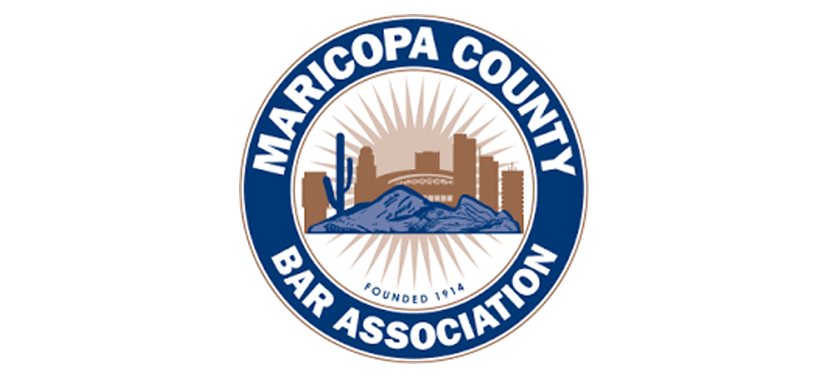October 31, 2025
When a loved one’s death is linked to medical negligence, families are often thrust into an overwhelming storm of grief, unanswered questions, and legal uncertainty. While most people think of a medical malpractice attorney when they hear such cases, another equally critical figure is often involved behind the scenes — the probate lawyer. This article explores how probate law intertwines with medical malpractice, shedding light on how lawyers manage these deeply complex cases.
Clarifying the Role of a Probate Lawyer in Medical Malpractice Cases
Essential Elements of Probate Law
Probate is the legal process of administering an individual’s estate after they pass away. It involves validating the will, identifying heirs, settling debts, and distributing assets. When a death may have been caused by medical malpractice, this process becomes more complicated. The estate itself may be entitled to pursue compensation, but only the personal representative appointed through probate court can legally file such a claim on behalf of the deceased.
Practical Responsibilities of Probate Counsel
The intersection between probate and medical malpractice law requires careful coordination. Probate lawyers often collaborate with personal injury or malpractice attorneys to ensure all claims are properly filed and timed according to statute-of-limitations laws. They handle the estate side — gathering documents, filing petitions, and managing any assets or potential settlements — while the malpractice team handles the litigation. According to Case Peer, there were 10,217 medical malpractice payments reported in 2024, which illustrates the growing importance of properly managing these cases from both a legal and procedural standpoint.
Managing Evidence in Medical Malpractice Cases
Essential Procedures for Gathering Medical Records
Medical records form the backbone of any malpractice case. A probate lawyer works to obtain necessary authorizations and court permissions for accessing these records after death. They ensure compliance with HIPAA and state privacy laws, making sure sensitive patient information is handled correctly. This careful handling not only protects the estate but also preserves the integrity of the claim.
Practical Standards for Expert Witness Coordination
Expert witnesses — typically doctors or specialists in relevant fields — are critical for validating that malpractice occurred. While the malpractice attorney takes the lead in securing these experts, the probate lawyer often facilitates communication between expert testimony and the estate’s legal processes. This cooperation ensures that both sides of the case, probate and malpractice, move forward in sync without unnecessary delay.
Addressing Challenges in Dual Legal Cases
Essential Legal Complexities of Overlapping Statutes
The most significant challenge lies in navigating two distinct but intertwined areas of law. Probate cases operate under state-specific statutes and deadlines, while malpractice suits follow a separate set of procedural rules. If either process lags or misses a filing deadline, the entire case could be jeopardized. A probate lawyer helps coordinate these timelines so that both legal paths remain compliant with state and federal regulations.
Practical Emotional and Ethical Considerations
These cases carry heavy emotional weight. Families dealing with loss often feel betrayed, angry, or uncertain about pursuing legal action. Probate lawyers must approach their work with empathy while maintaining professional detachment to guide clients through painful decisions. Balancing emotional sensitivity with legal objectivity is what allows these cases to be handled with dignity and care.
Responding to a Death Caused by Medical Malpractice
Essential Steps for Initiating Probate Proceedings
The initial step is to open probate in the appropriate county court. This typically involves filing a petition, presenting the death certificate, and naming a personal representative, often a spouse, child, or other close relative. The probate lawyer ensures these filings are complete and accurate, as they establish the authority necessary to act on behalf of the estate.
Practical Requirements for Filing a Malpractice Claim
After probate is underway, the estate’s representative, through an attorney, can initiate a malpractice claim. This involves submitting a notice of claim, collecting medical documentation, and adhering to specific state-mandated pre-filing requirements, such as obtaining an expert affidavit. Coordination between the probate and malpractice attorneys ensures all procedural steps are taken correctly and within the required timeframes.
Preparing Families for a Probate Lawyer Consultation
Essential Documentation for Medical and Financial History
Families should gather all medical records, insurance statements, hospital bills, and correspondence related to the deceased’s care. If any notes, voicemails, or written concerns exist that suggest negligence — such as ignored symptoms or inconsistent treatment plans — these should also be shared. Having this documentation ready saves time and allows the lawyer to identify important evidence right away.
Practical Questions to Ask During Consultation
Clients often feel hesitant about what to ask during legal consultations, but open communication is key. Common questions include: How does the probate process affect a malpractice claim? What are the legal deadlines I need to be aware of? Who will handle settlement funds and how will they be distributed? What documents or permissions will I need to sign? By voicing these concerns early, families can build a supportive working relationship with their attorney and avoid misunderstandings later.
Estimating Legal Costs in Probate and Malpractice Cases
Essential Fee Structures and Billing Arrangements
Probate lawyers may charge hourly rates, flat fees, or percentages of the estate value, depending on state regulations. In medical malpractice claims, attorneys often work on a contingency basis — meaning they are paid only if compensation is awarded. In dual cases involving both probate and malpractice, families might encounter a blend of these arrangements. The probate lawyer will typically clarify which services fall under which fee type, ensuring transparency for every client.
Practical Considerations for Potential Compensation
Compensation in medical malpractice cases may include medical expenses, lost income, pain and suffering, and punitive damages. When death occurs, wrongful death damages and survival actions come into play. The probate lawyer helps determine how any award is divided among heirs and beneficiaries according to state law and the decedent’s will. This ensures the settlement is distributed fairly and lawfully.
Coordinating Timelines in Probate and Medical Malpractice Proceedings
Essential Probate Timeline Benchmarks
On average, probate proceedings can last anywhere from six months to two years. The duration depends on the size of the estate, the number of heirs, and whether disputes arise. When the estate is involved in an ongoing malpractice claim, probate may remain open longer to accommodate settlement or litigation outcomes. Having a probate lawyer oversee these steps ensures deadlines are met and documentation stays current.
Practical Factors That Affect Case Duration
Several factors can extend or shorten these timelines. Availability of medical evidence, the number of healthcare providers involved, court scheduling, expert witness availability, and negotiations or mediation outcomes all play a role. Whether the case settles or goes to trial, the probate lawyer helps keep both legal processes aligned, managing documentation and deadlines to prevent unnecessary delays.
Supporting Families After a Malpractice Case
Essential Emotional and Financial Support Services
The aftermath of a malpractice case can leave families grappling with both grief and financial transition. Probate lawyers assist in finalizing the estate’s closure, distributing remaining assets, and ensuring compliance with any court orders related to compensation. Their steady guidance helps clients move from legal chaos toward emotional closure and financial stability.
Practical Long-Term Legal Guidance and Administration
Many probate lawyers remain long-term advisors for families, assisting with estate administration, asset management, or future planning. Their understanding of the family’s situation allows them to offer informed advice for years to come, ensuring future decisions are grounded in both legal and emotional awareness.
A probate lawyer plays a vital role in ensuring that malpractice claims are handled with legal precision and care, safeguarding both the estate and the family’s long-term interests. From the initial investigation to the final distribution of compensation, they maintain order, clarity, and compassion throughout an emotionally charged process. To learn more about how Buntrock Harrison & Gardner Law, PLLC supports Arizona families facing these complex cases, visit our website or contact our team for guidance tailored to your situation.








